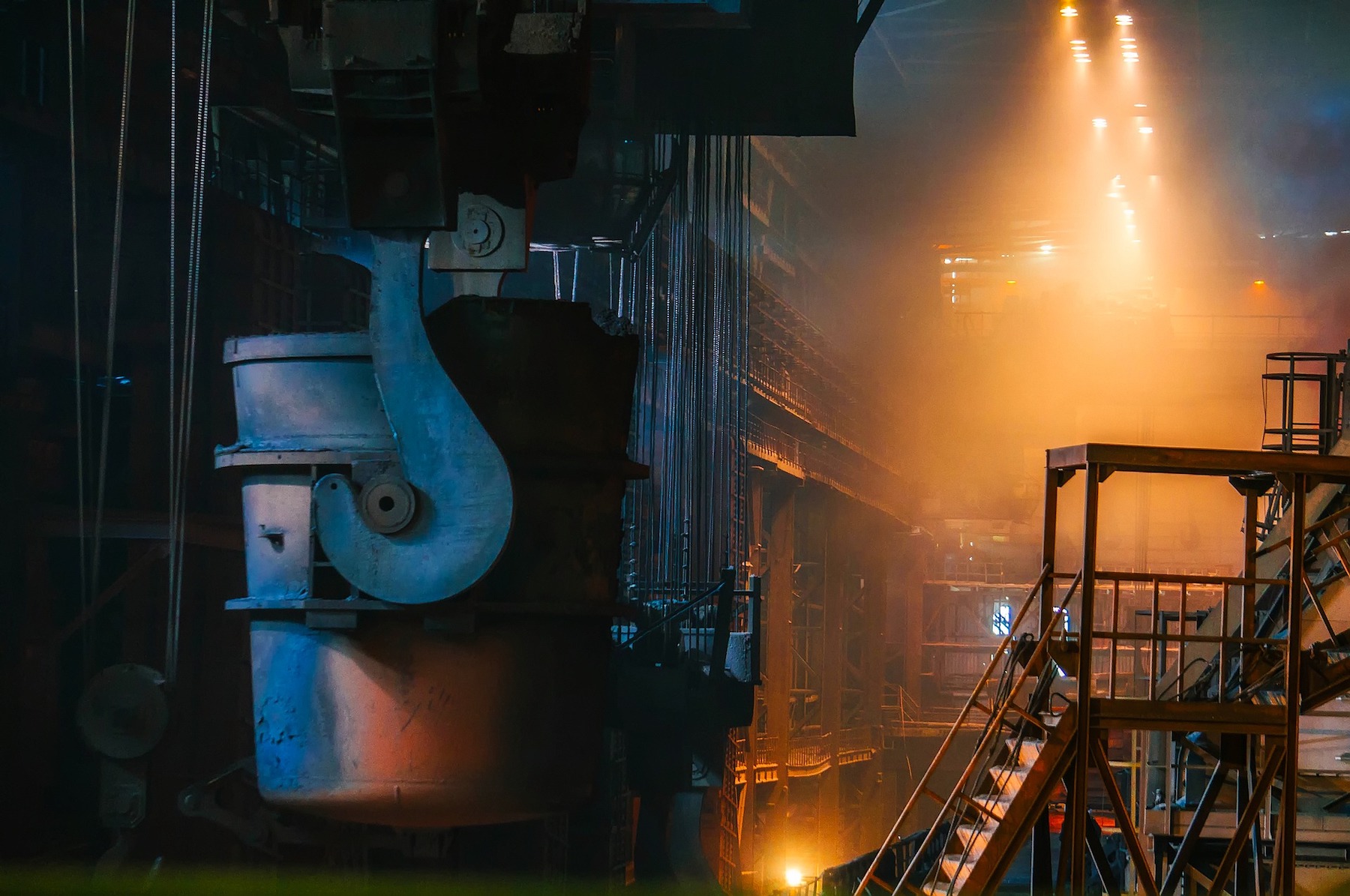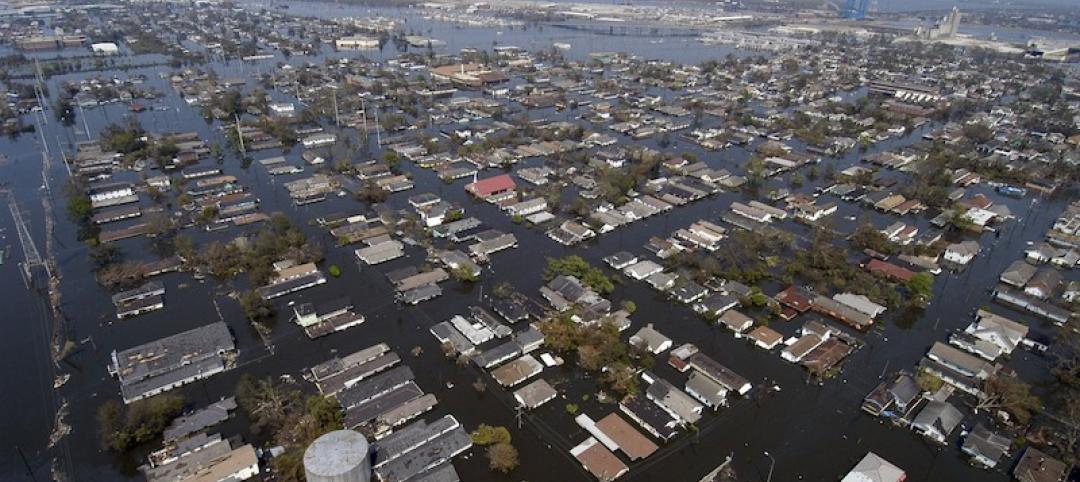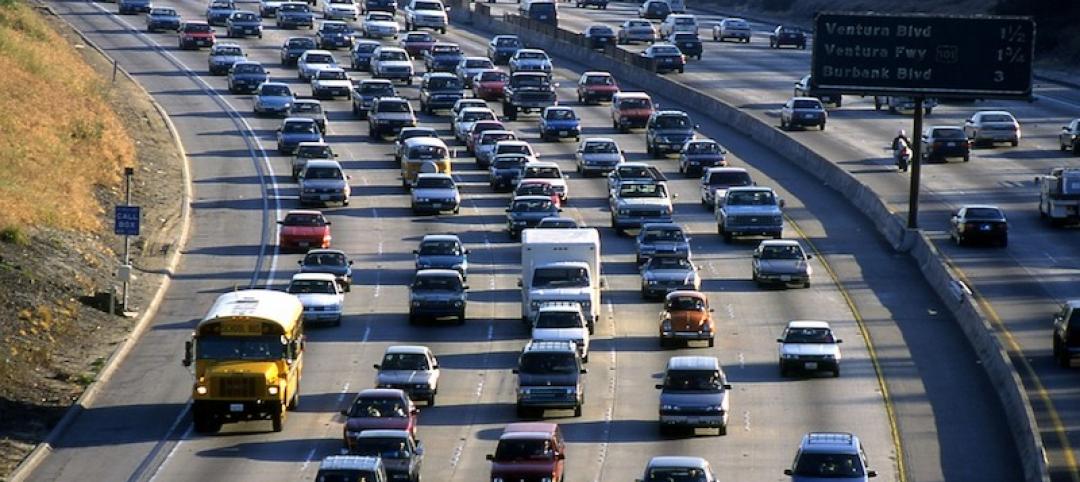Constructing and justifying the cost of physical assets such as a manufacturing plant is much more difficult than it was decades ago, according to a report by Steffen Fuchs, senior partner with McKinsey & Company.
Inflation, rigorous sustainability requirements, and rapid changes in technology and regulations all complicate investment in new construction projects, the report says. “Adding to the complexity, the next generation of assets needs to be “set and forget”: the high cost of building them must be offset by lower operating costs,” Fuchs writes.
Improvements in construction processes and project delivery are especially necessary given that a new wave of “once-in-a-lifetime” capital spending on physical assets will take place between now and 2027. Roughly $130 trillion will pour into projects to decarbonize and renew critical infrastructure, Fuchs writes.
Project leaders typically rely on practices that aim to optimize individual investments, such as a nuclear power plant, an oil refinery, or a pipeline. Cost overruns are typical and costly using this approach. New decarbonization and sustainability investments where groups of similar projects (such as wind farms and solar parks) are delivered repeatedly over a long period of time require much better performance, Fuchs says.
Related Stories
Codes and Standards | Dec 20, 2018
New York’s ‘Scaffold Law’ under fire for driving up project costs
Lawmakers under pressure to reform law that makes contractors 100% liable for work-site injuries.
Codes and Standards | Dec 19, 2018
Guidance for water utilities on indoor recycled water use released
Provides recommended ranges on 13 different parameters of water quality.
Codes and Standards | Dec 18, 2018
Development in Africa, Asia, and uptake in air conditioning will require more efficient buildings
Dramatic action will be needed for global building sector to cut carbon in line with international agreements.
Codes and Standards | Dec 14, 2018
Emissions for buildings and construction have peaked, UN says
Greener buildings have led to leveling off of GHGs.
Codes and Standards | Dec 13, 2018
Urban flooding causing economic loss, social disruption, and housing inequality
Extensive suburban development, aging and poorly maintained infrastructure, and more intense rainfall mean more flooding.
Codes and Standards | Dec 12, 2018
California’s transportation problems could prevent state from reaching carbon reduction goals
Governor’s carbon neutral-by-2045 ambitions at odds with car culture.
Codes and Standards | Dec 11, 2018
Strict seismic building codes credited with minimizing damage in Alaskan earthquake
Magnitude 7.0 temblor cracked roads and collapsed road ramps, but buildings held up well.
Codes and Standards | Dec 7, 2018
Florida tops ABC’s 2018 Merit Shop Scorecard rankings
Michigan rose fastest after passing prevailing wage law.
Codes and Standards | Dec 6, 2018
North American steel yields lower GHG emissions than Chinese steel
North American construction steel saves about half of GHG emissions on building project.
Codes and Standards | Dec 5, 2018
Canadian retailer builds net-zero stores
Other chains also boost green efforts with PVs, EV charging stations.

















